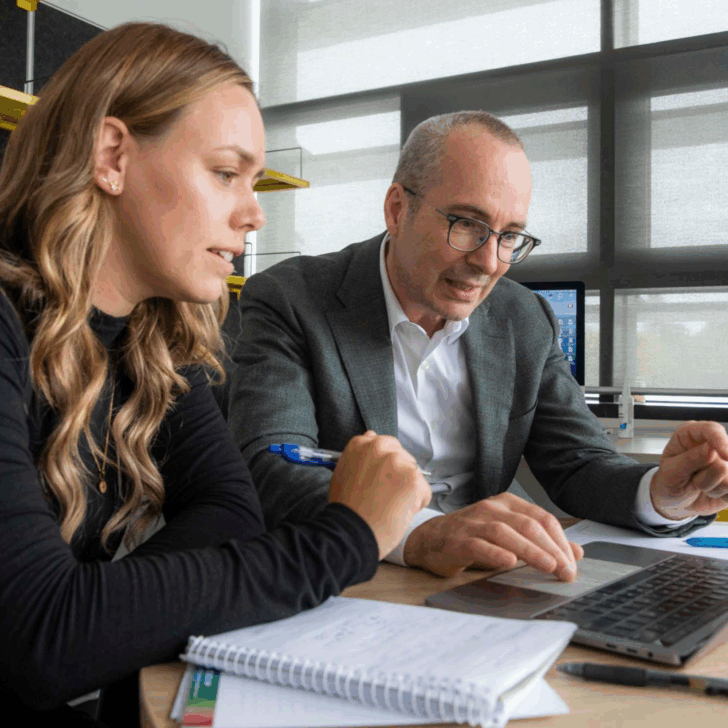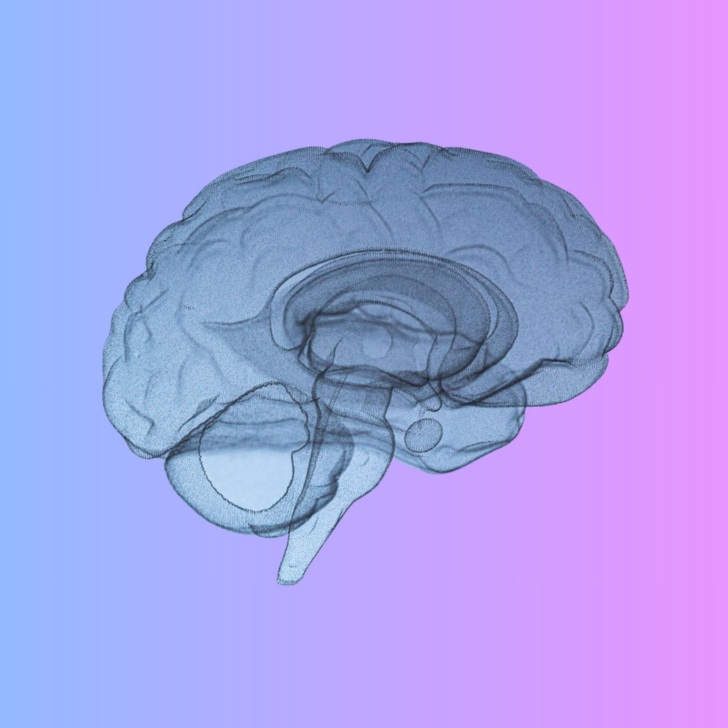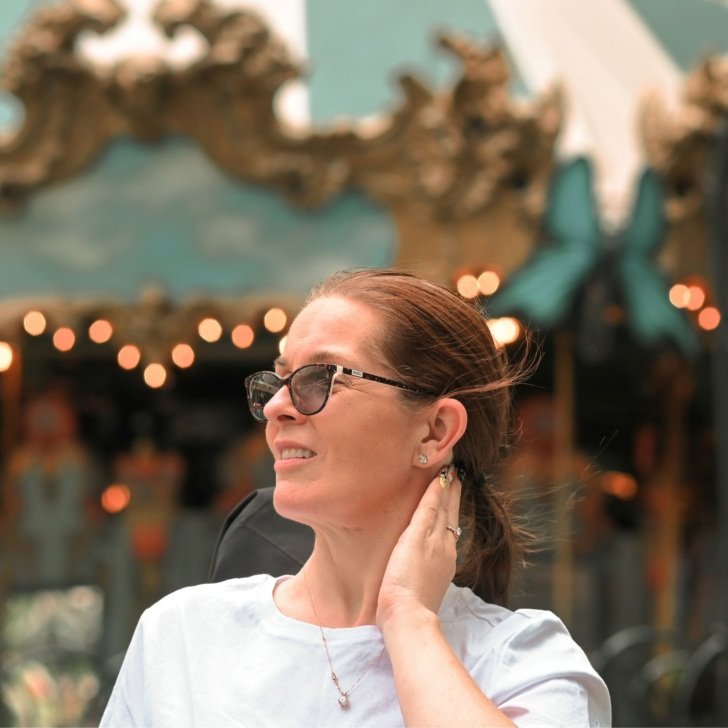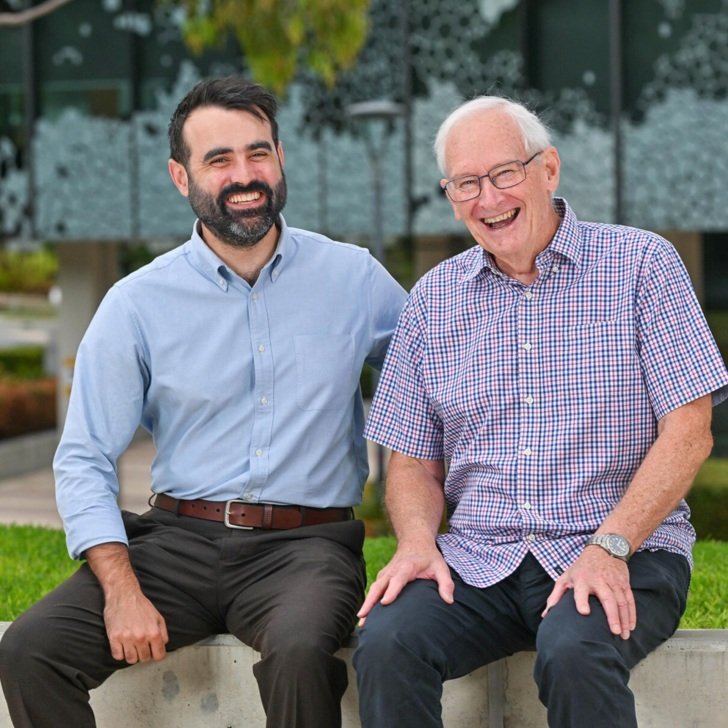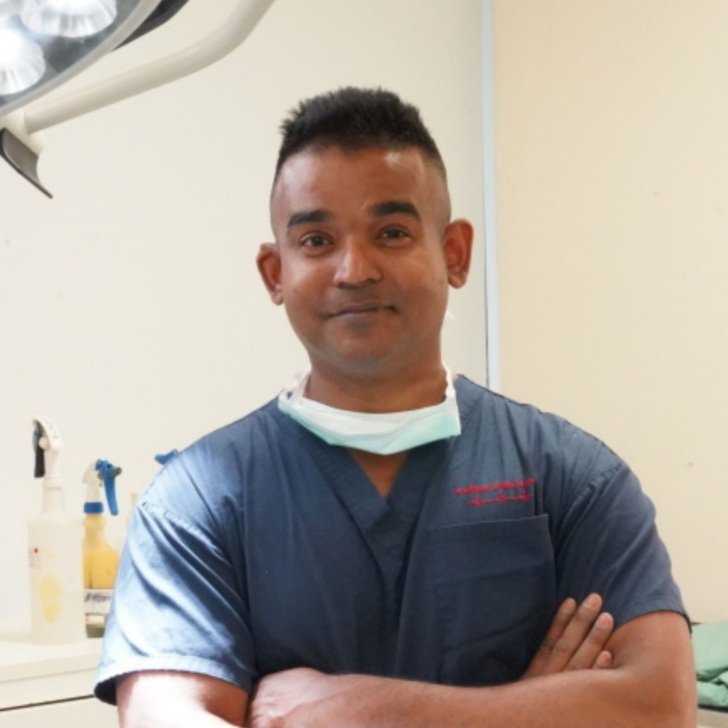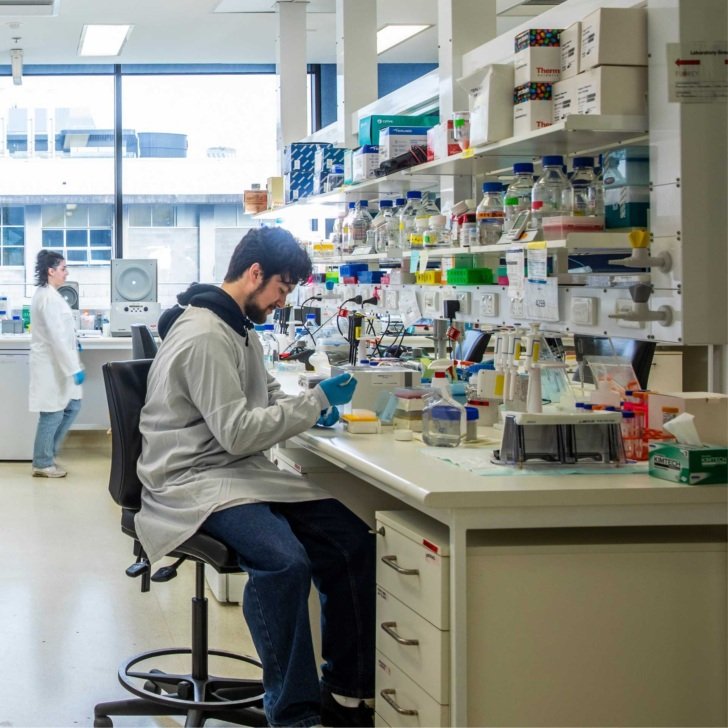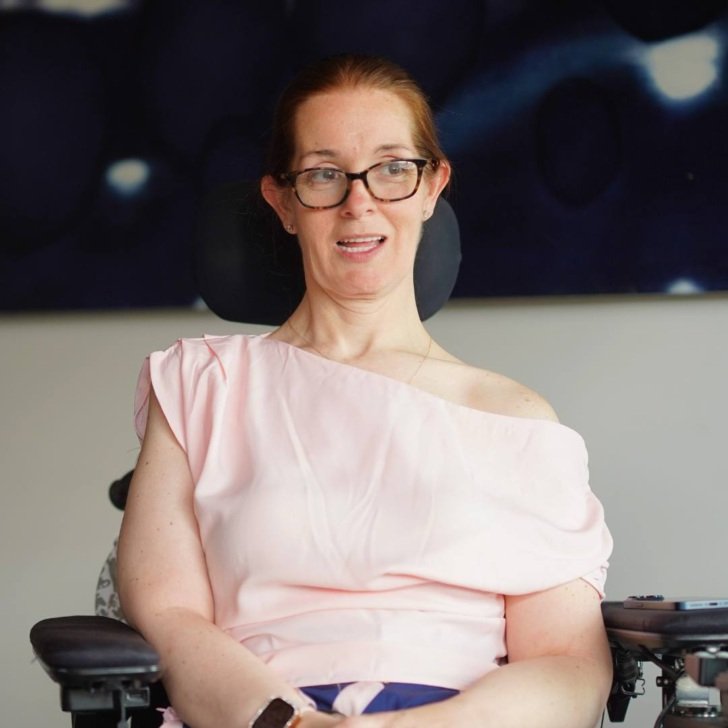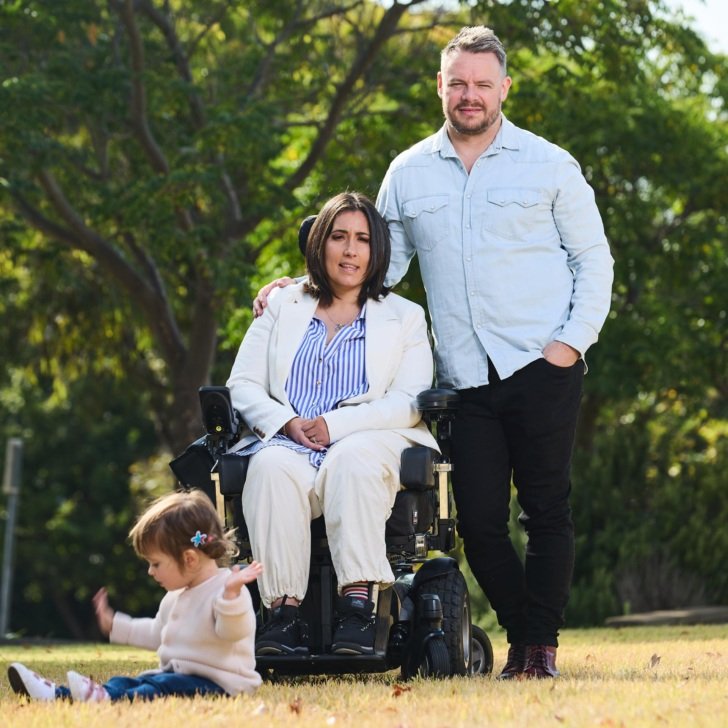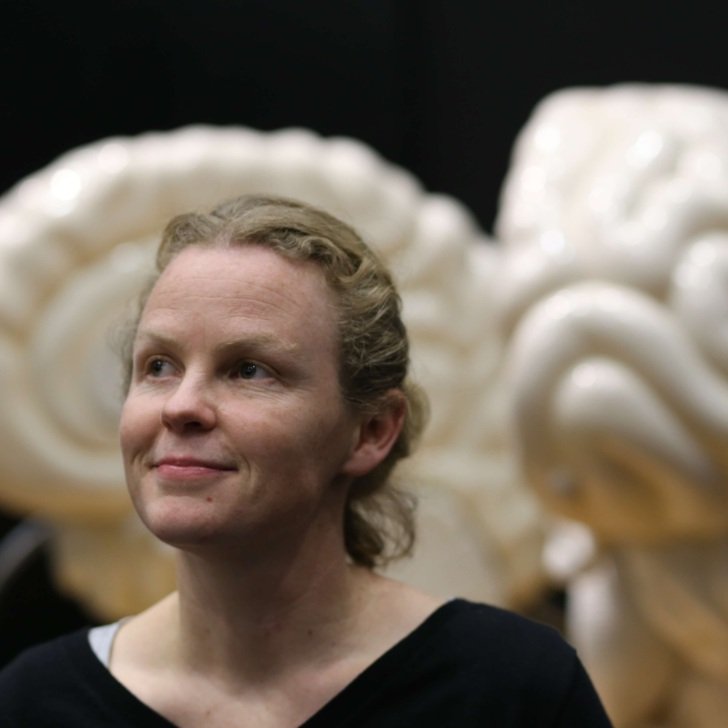
Stroke and Critical Care Research Priority
The Stroke and Critical Care Research Priority unites scientists, clinicians and people with lived experience to advance our research.
We investigate fundamental biology and disease mechanisms ranging from cell-based assays to clinically relevant small and large mammalian models, develop new therapies and medical devices and conduct mechanism-guided clinical trials. We also undertake stroke recovery, rehabilitation and health service research and lead programs to improve stroke care.
With a focus on stroke, critical illness and related cardiovascular, renal, gastrointestinal and metabolic diseases, our end-to-end research aims to transform patient care and outcomes through innovation, collaboration and translational excellence.
Focus areas
The expertise of Stroke and Critical Care researcher ranges from peptide chemistry and fundamental biology to small and large animal models to clinical studies, with a focus on stroke and critical illness with related comorbidities.
Our research spans a broad range of topics:
Development of therapies
- Investigating new drug targets and developing new peptides for cardio-renal syndrome and cerebrovascular diseases.
- Unravelling intrinsic circuits in the digestive tract to develop new targeted drugs and medical devices to better manage Crohn’s disease, ulcerative colitis, chronic constipation, and gastroparesis.
Preclinical studies
- Understanding the basic biology of how the brain regulates inflammation and its influence on the regulation of the body’s response to severe infections.
- Advancing novel therapies to improve the clinical management of sepsis and heart surgery requiring cardiopulmonary bypass, by understanding the pathological changes that occur in the brain and kidney during these critical events.
Stroke
- Providing services to young stroke survivors.
- Monitoring, promoting and improving the quality of acute stroke care.
- Exploring the most effective mobility training program as early rehabilitation post-stroke.
- Understanding how the brain adapts and utilising that potential in rehabilitation.
- Looking at primary and secondary stroke prevention, acute stroke treatment and imaging, atrial fibrillation related to stroke, and cryptogenic stroke particularly in younger patients.
Research impact
Setting a benchmark for stroke treatment and care
The Australian Stroke Clinical Registry (AuSCR), led by The Florey, was established to monitor stroke care across hospitals in Australia to help improve the speed and quality of stroke care and patient quality of life. The registry includes the Royal Adelaide Hospital, where 77-year-old stroke survivor Mike Lugg was admitted after an ischaemic stroke.
When a stroke occurs, millions of brain cells die every minute. Time is of the essence, especially the time it takes for a patient to undergo the surgical removal of the blood clot from the brain (thrombectomy).
For Mike, that time was only 44 minutes. For many, it can be much longer, with half of eligible patients nationally treated in more than 100 minutes.
“That afternoon, I was sitting up in bed talking to people, and it was like nothing had ever happened – I’ve lived a perfectly normal life since,” Mike says.
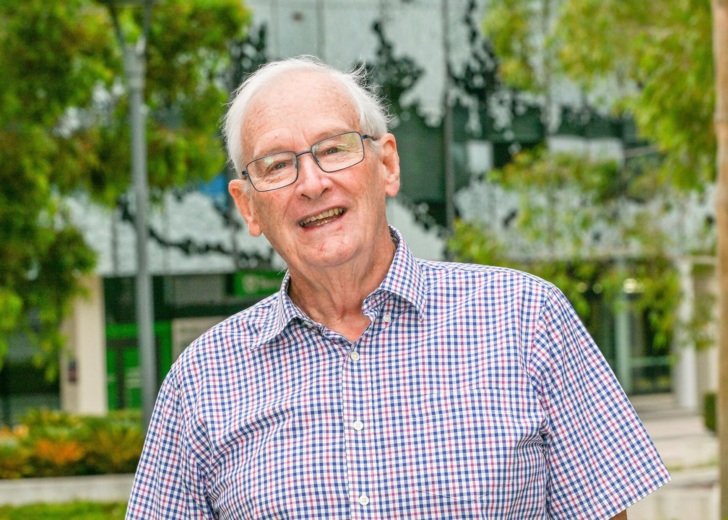
Lifesaving Florey sepsis drug
Each year, around 11 million people die from sepsis. This condition occurs when the body’s immune system has an extreme response to an infection, leading to life-threatening falls in blood pressure and multiple organ failure.
Florey Professors Yugeesh Lankadeva and Clive May, have shown that a ‘mega-dose’ of sodium ascorbate reverses the devastating impact of sepsis on the brain, cardiovascular system and kidneys.
As part of a trial, 2 critically ill patients at the Royal Adelaide Hospital showed signs of recovery within hours of receiving the treatment.
The Head of Research and Innovation in ICU, Associate Professor Mark Plummer, describes the striking impact of The Florey’s pioneering breakthrough therapy for sepsis on his patients. “It was like turning on a light; all of a sudden, their organs started switching back on,” he recalls.
It’s hoped that, if successful, The Florey-patented drug could become a low-cost treatment and breakthrough therapy for sepsis.
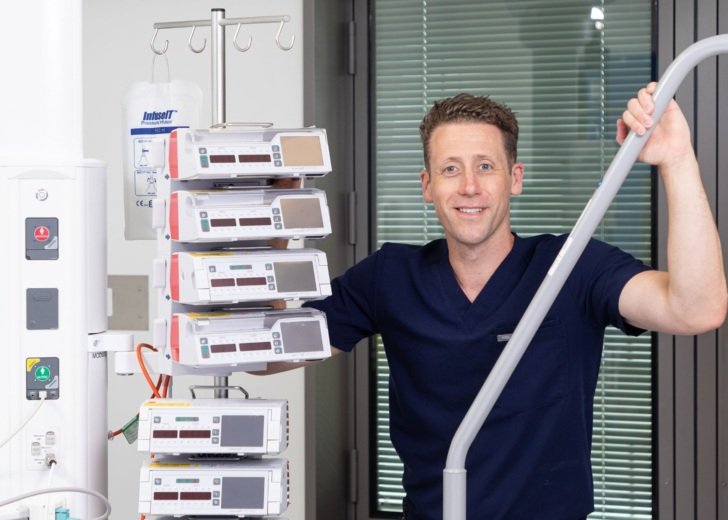
Conditions and diseases we study
Key projects
MEGASCORES
In collaboration with scientific and clinical teams, the mega-dose ascorbate for sepsis (MEGASCORES) project will investigate physiological, immunological and molecular mechanisms of sodium ascorbate and advance this therapy to clinical trials across mainland Australia. Through this collaboration with leading medical research institutes and public research-intensive intensive care units, the MEGASCORES group aims to transform management of patients with sepsis globally.
Sleep and cognition
We are studying the neurobiology and pharmacology of sleep and arousal and their role in cognitive and emotional processes. Our team’s current major research themes include sleep-wakefulness mechanisms as a therapeutics discovery platform for neurodegenerative and psychiatric disorders; the interface between sleep architecture, learning and memory, and the role of the orexin system in decision-making.
Young Stroke Service
The Young Stroke Service (YSS) is Australia’s first health service dedicated to helping young stroke survivors aged 18 to 55. Our team works with young people who have had a stroke, as well as their supporters and health professionals. YSS offers a range of supports that will help them in their recovery.
Unravelling the complexities of the stomach’s control systems
Our research has developed new tools to study the control of the stomach, notably electrophysiological approaches, functional imaging and high-resolution imaging for nerve pathway analysis. We are using these tools to develop a new understanding of brain-stomach-intestine control to help advance the development of therapies for gastric disorders.
Research groups
Find out more about the research groups studying stroke and critical care at The Florey.
- Autonomic Neuroscience
- AVERT Early Rehabilitation Research Group
- Digestive Physiology and Nutrition Group
- Insulin Peptides Group
- Neuropeptide Receptor Group
- Neurorehabilitation and Recovery Group
- Peptide and Protein Chemistry Group
- Pre-clinical Critical Care Group
- Public Health and Health Services Research Group
- Translational Cardiovascular and Renal Research Group
- Translational Research and Neuroimaging Stroke Group
